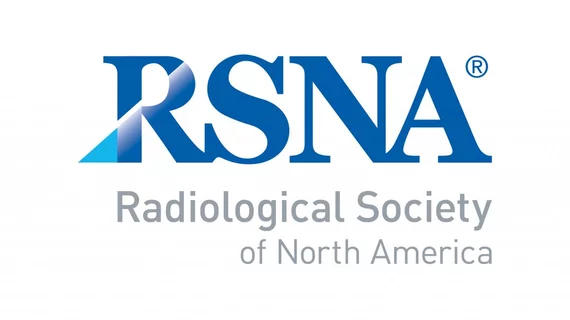RSNA launches its first open-access journal, focused on emergent radiology research
The inaugural open-access journal from the Radiological Society of North America (RSNA) is now live and publishing articles. Radiology Advances aims to make international radiology research available to everyone, without a subscription.
Susanna Lee, MD, PhD, a radiology researcher from Massachusetts General Hospital, serves as editor of the new journal, which will primarily publish original multidisciplinary research with an emphasis on emerging technologies and clinical innovations expected to impact radiology practices and patients.
“Radiology Advances is entirely open access, and all of the contents will be freely available from the moment of publication,” Lee said in a statement. “The journal will reflect the best and the breadth of the imaging sciences and all of the glorious innovations in technology and clinical practice that are currently underway.”
In compliance with open-access principles, Radiology Advances publishes peer-reviewed articles that are promptly released in advance of publication to facilitate rapid dissemination, with subsequent publication in an open issue featuring a consistent digital object identifier.
The new journal is published as a collaborative initiative with Oxford University Press to improve the access to the latest research for technologists, radiologists and medical students.
The first articles have been published and are available here.

